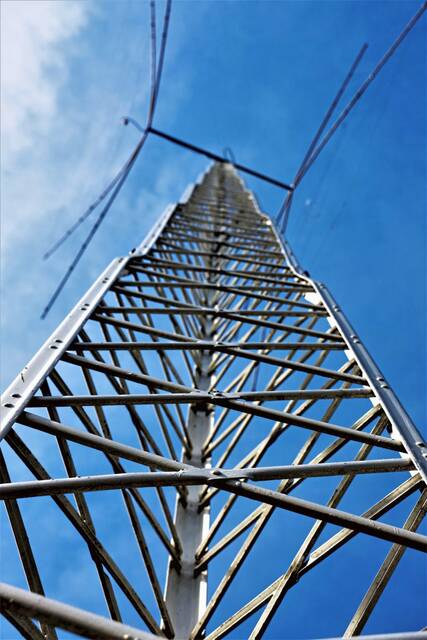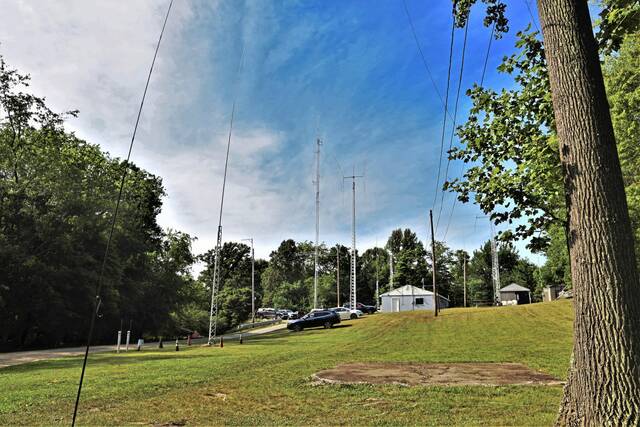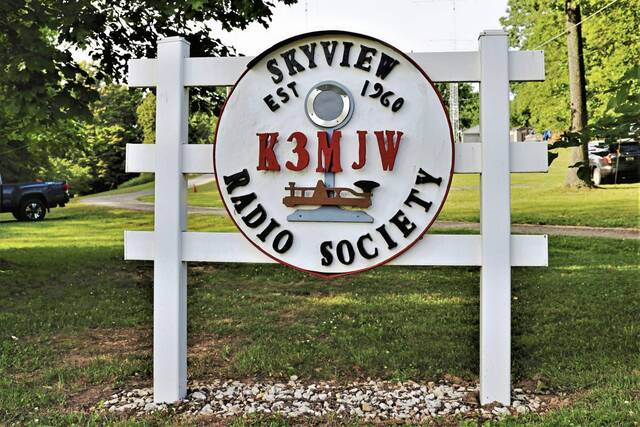Upper Burrell amateur radio club joins counterparts across North America for annual field day
Steve Fazekas fondly recalls the day he entered the world of ham radio operators at age 13 while trying to earn a merit badge for his Eagle Scout project.
So when he came out to participate in the annual 24-hour field day held by the Skyview Radio Society in Upper Burrell, the 65-year-old decided to set up his portable radio system in the same spot where his lifelong enthusiasm for two-way radio was launched.
“I was working on a radio merit badge for my Eagle Scout project, and a neighbor was a member here,” said Fazekas. “Instead of just going for the badge, he suggested I get my radio operators license, so that’s what I set out to do.”
Fazekas thinks he was relegated to the far reaches of the club’s sprawling campus along Turkey Ridge Road “to keep the kid out of the way.”
And while he had dabbled in radio before, that first field day sending and receiving messages in Morse Code at the club became a turning point that got him hooked for life.
“That’s what began the whole thing for me,” he said. “When you get on the radio and put your signal out there, you never know who will come back to you. I think it’s fascinating to be able to connect with people all over the planet.”
Skyview’s field day is held to coincide with the American Radio Relay League’s summer field day, which is held across the U.S. and Canada.
For 24 consecutive hours, amateur radio operators set up temporary stations to try to make contact with as many operators as possible using a variety of methods, including Morse Code, voice communication and digital signals.
They also test radio gear, antennas and power systems and run systems to simulate adverse conditions.
Bastone said amateur radio also plays a public service role.
“We’re running a lot of the equipment that we’re using today on batteries because that’s what will be available if there’s an emergency and the power is disrupted,” said Bob Bastone, Skyiew’s radio operator.
Many amateur radio enthusiasts also are trained observers and reporters for Skywarn, which is a nationwide system that assists the National Weather Service, he said.
“When storms disrupt regular communications in an area, amateur radio operators can step in and help keep the information flowing,” said Bastone. “So some of the things we work on during the field day is geared toward preparing for emergency situations.”
More information about amateur radio is available on Skyview’s website, which also has details about joining.
Tony LaRussa is a TribLive reporter. A Pittsburgh native, he covers crime and courts in the Alle-Kiski Valley. He can be reached at tlarussa@triblive.com.
Remove the ads from your TribLIVE reading experience but still support the journalists who create the content with TribLIVE Ad-Free.







